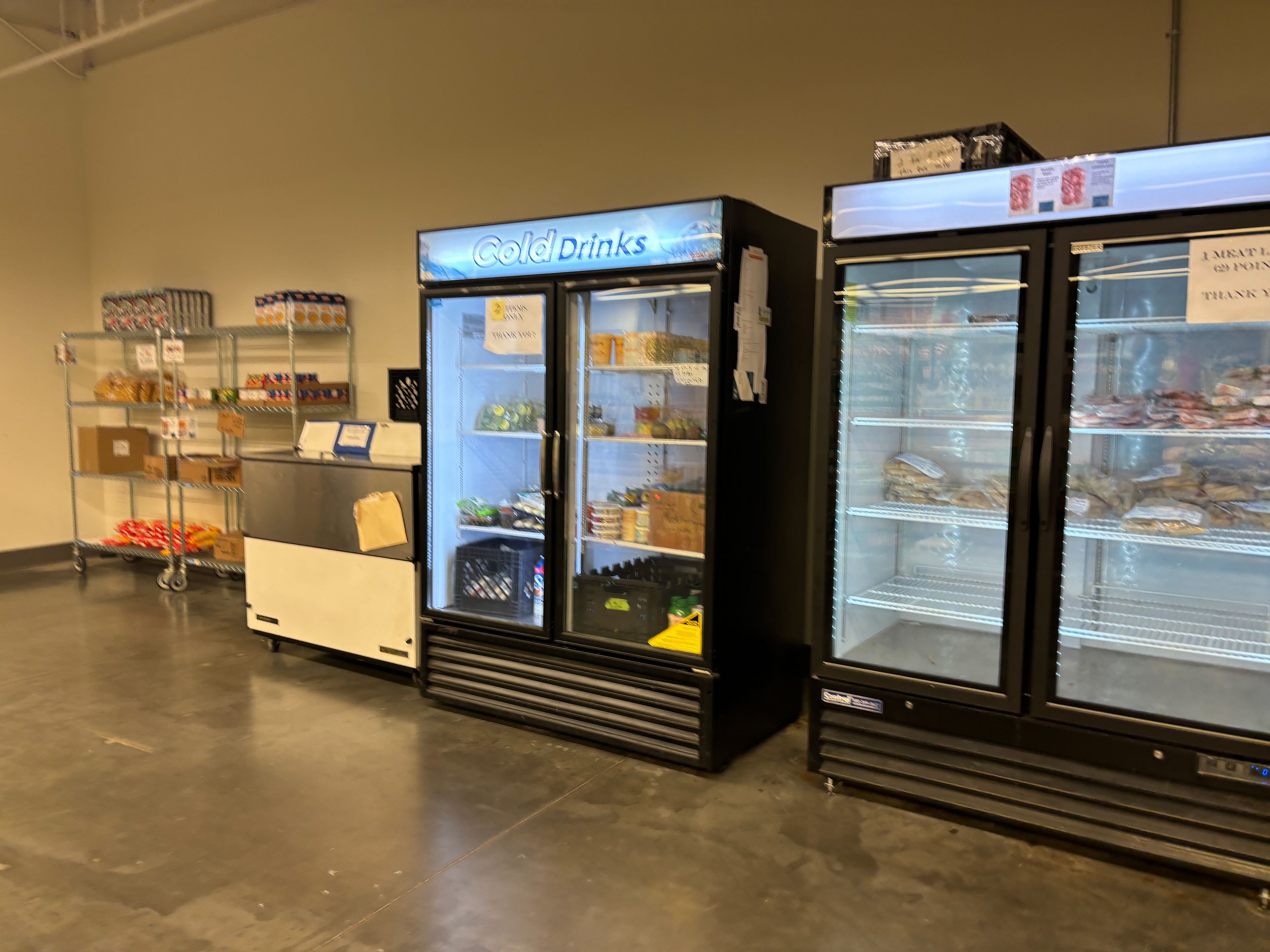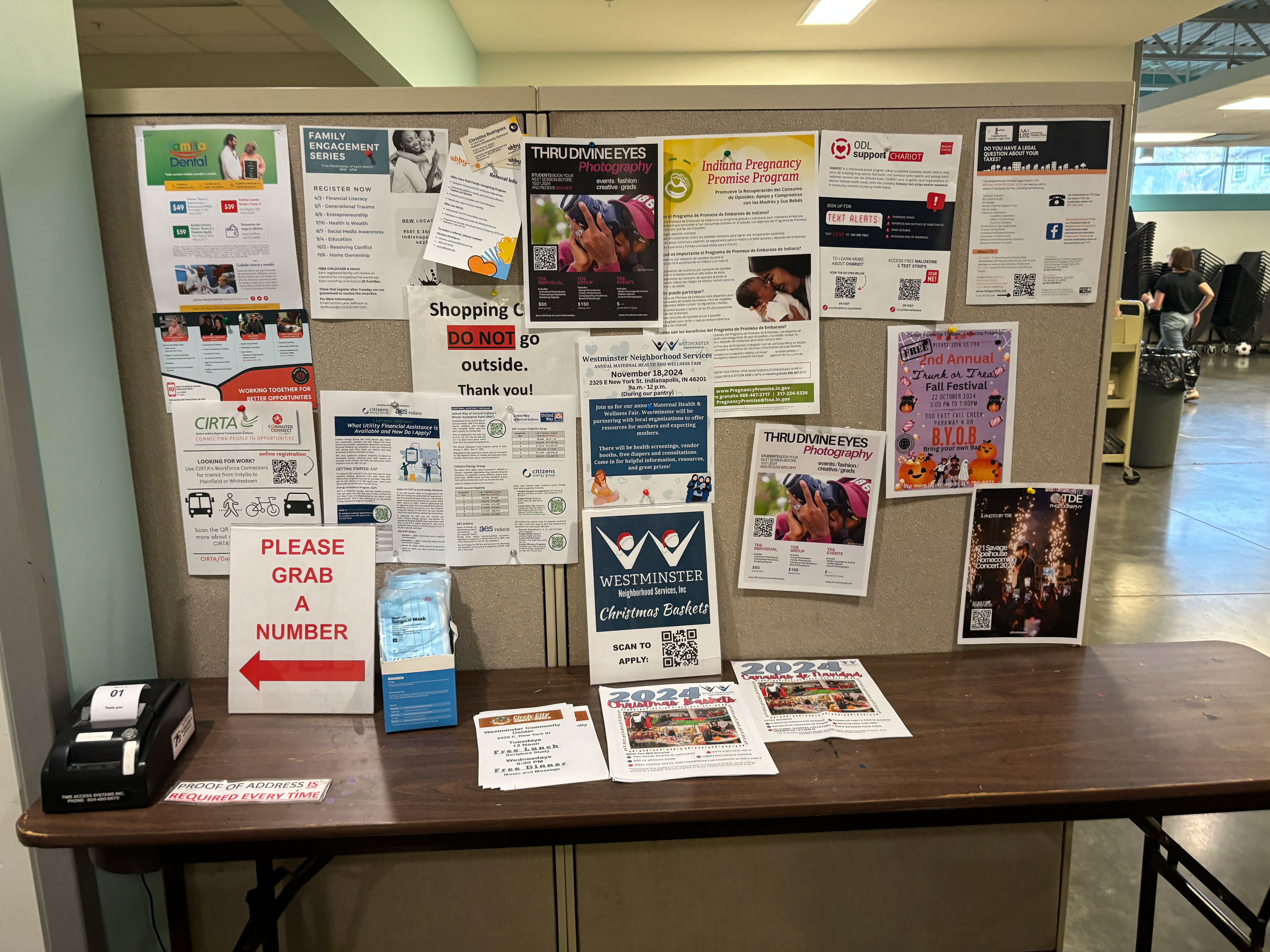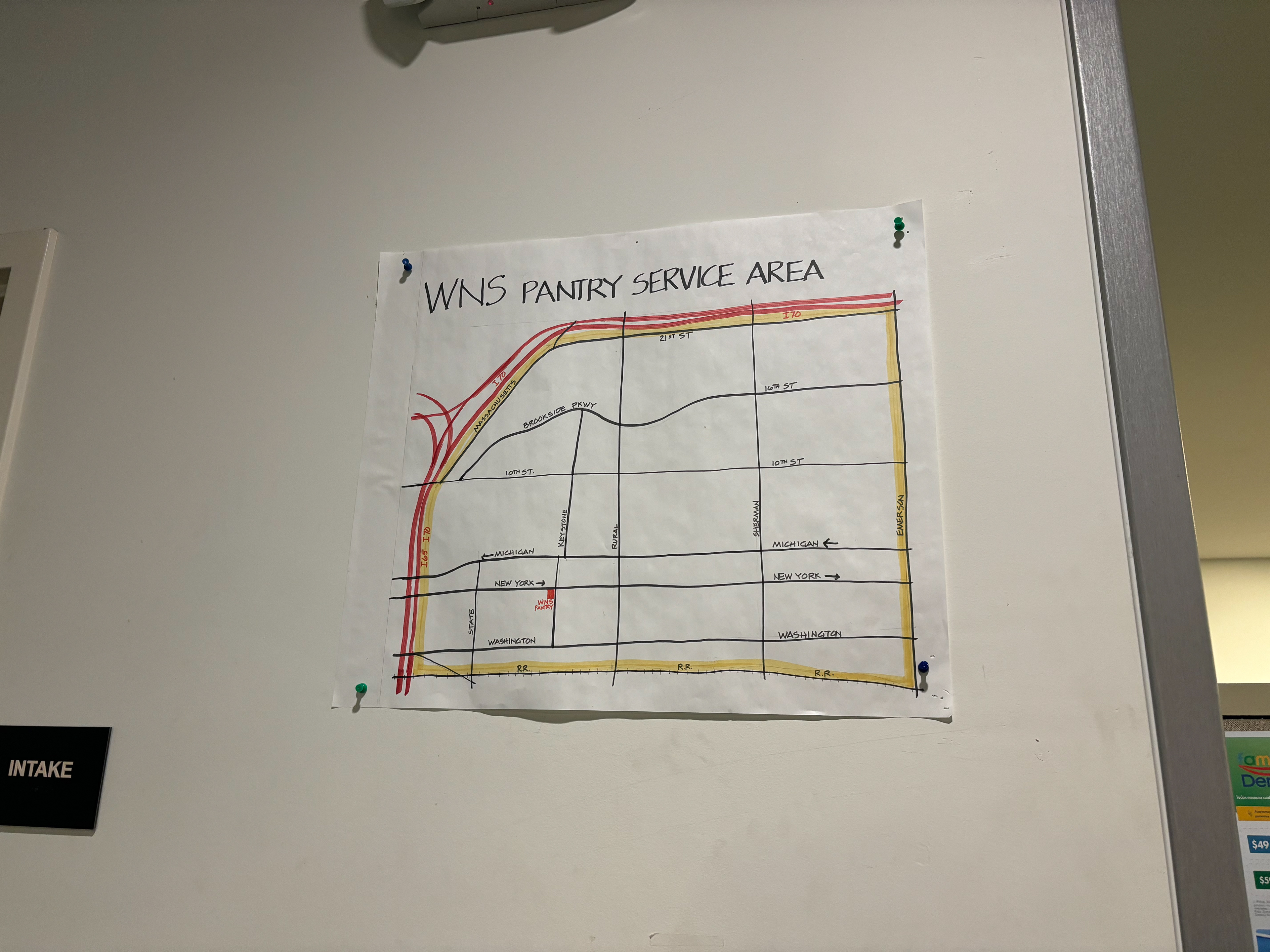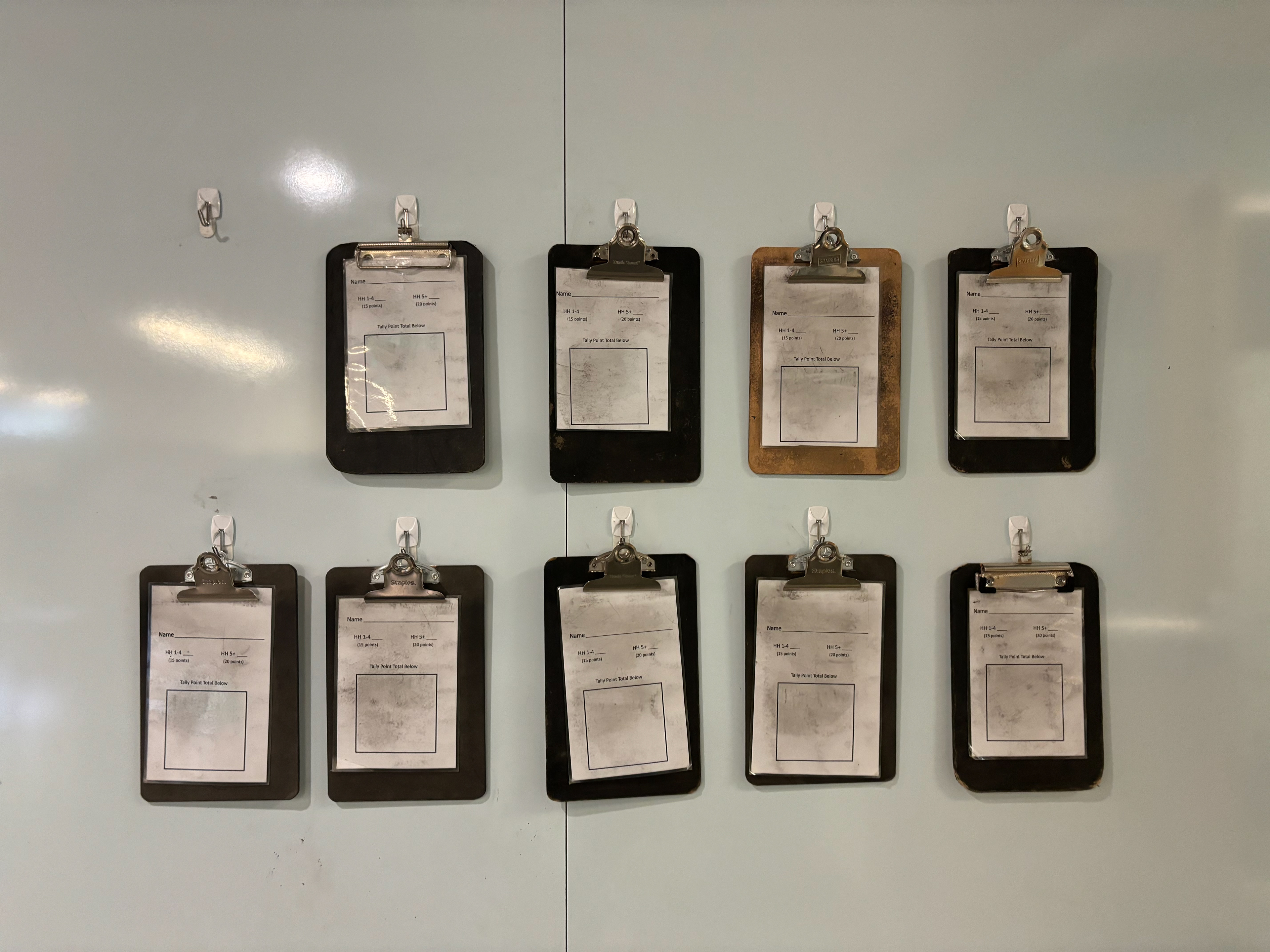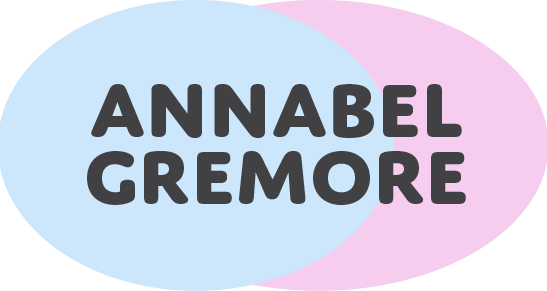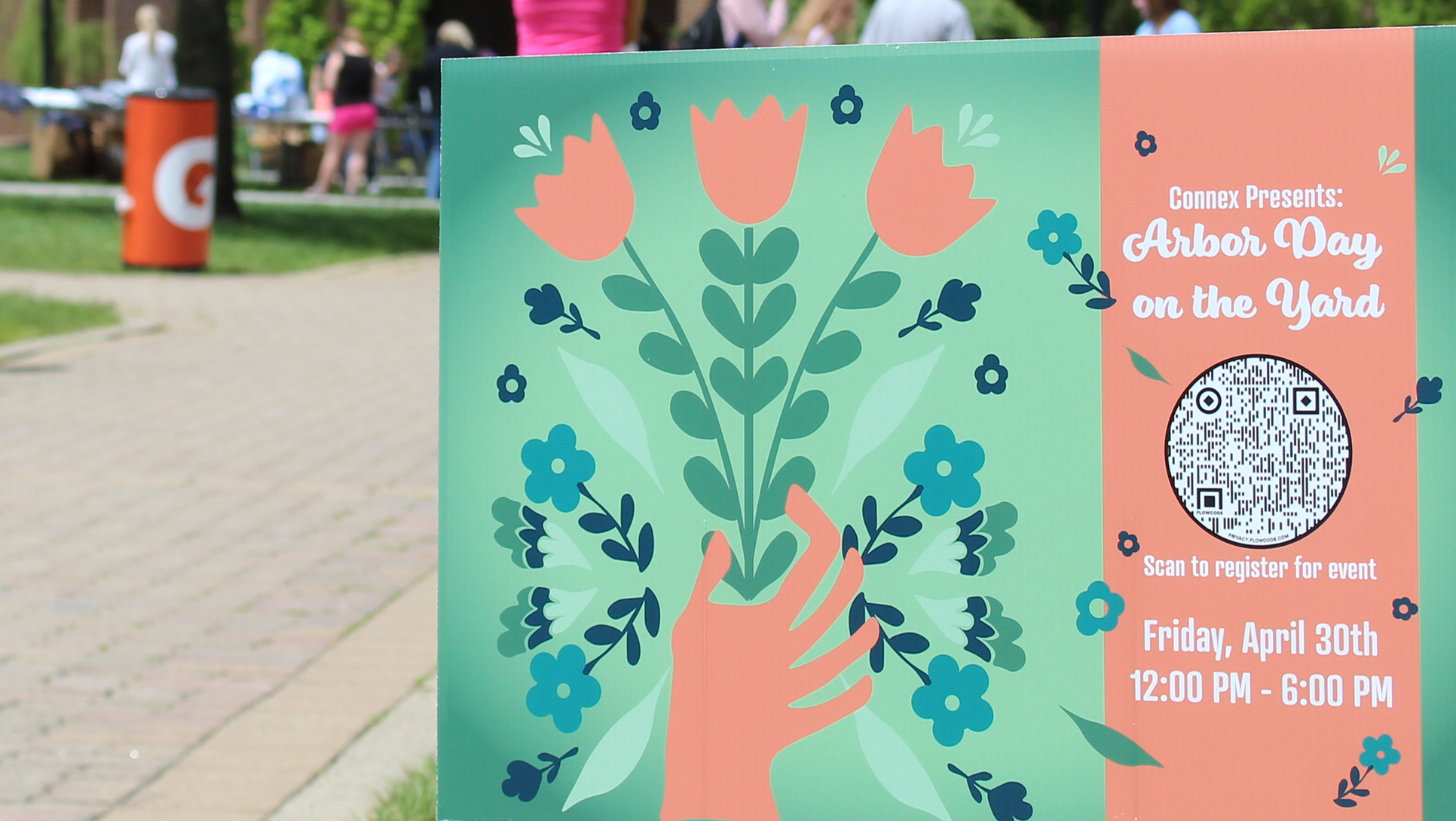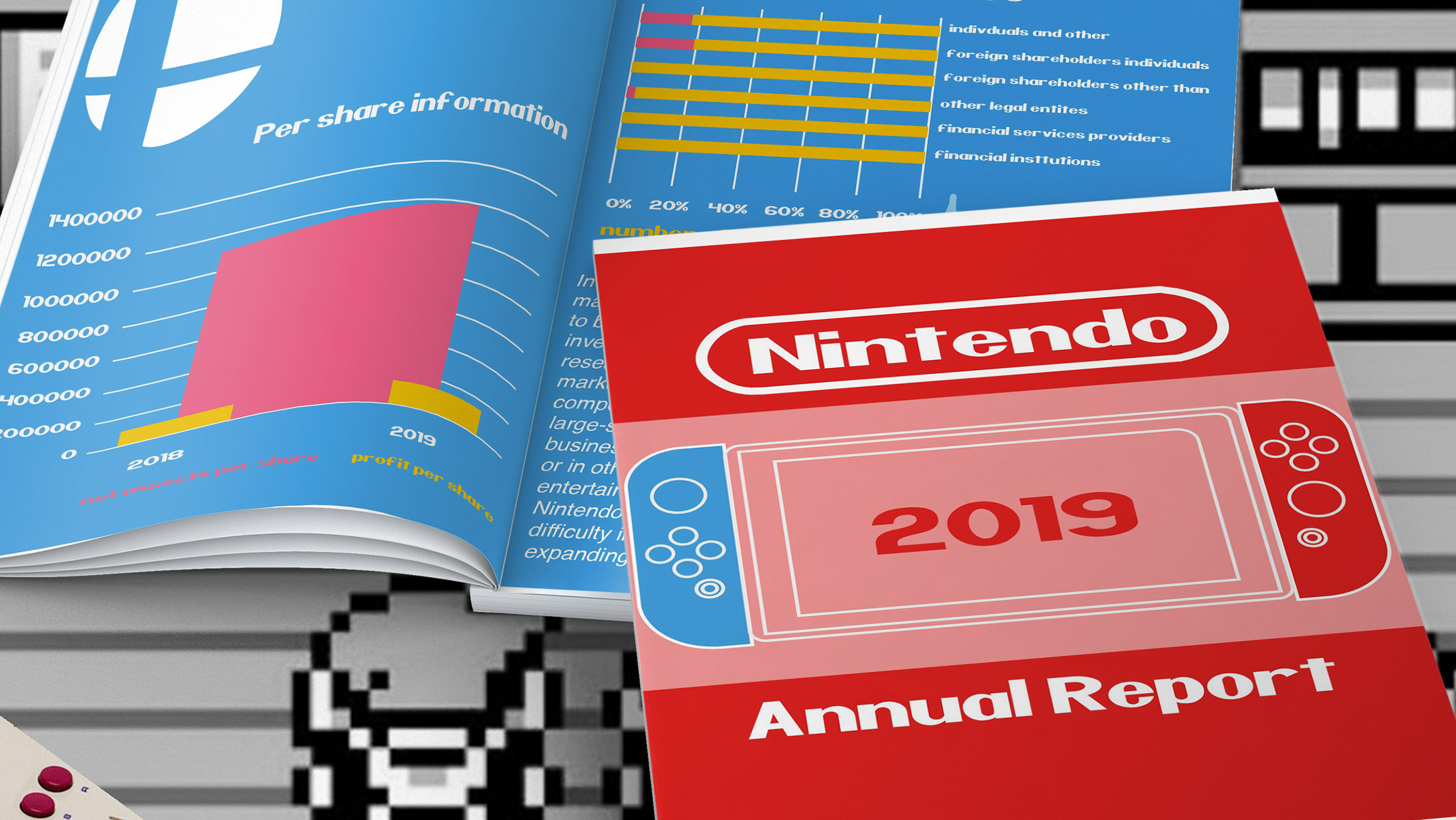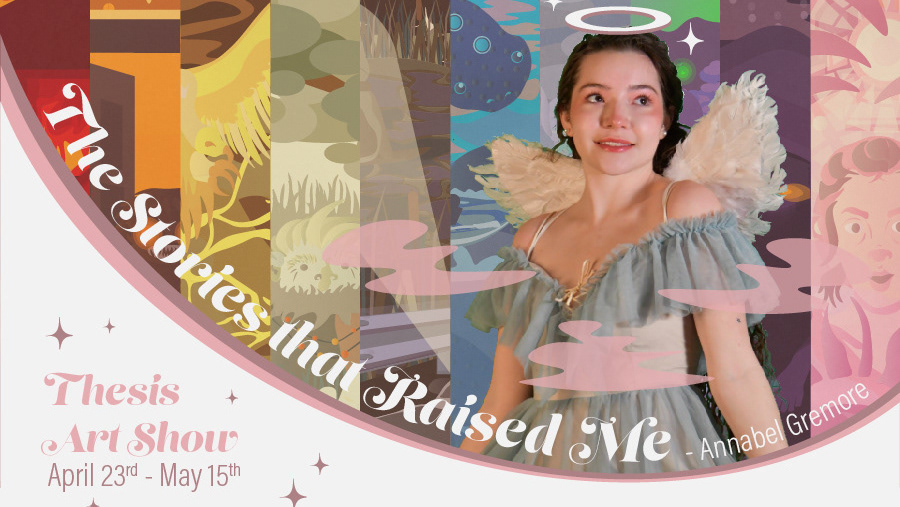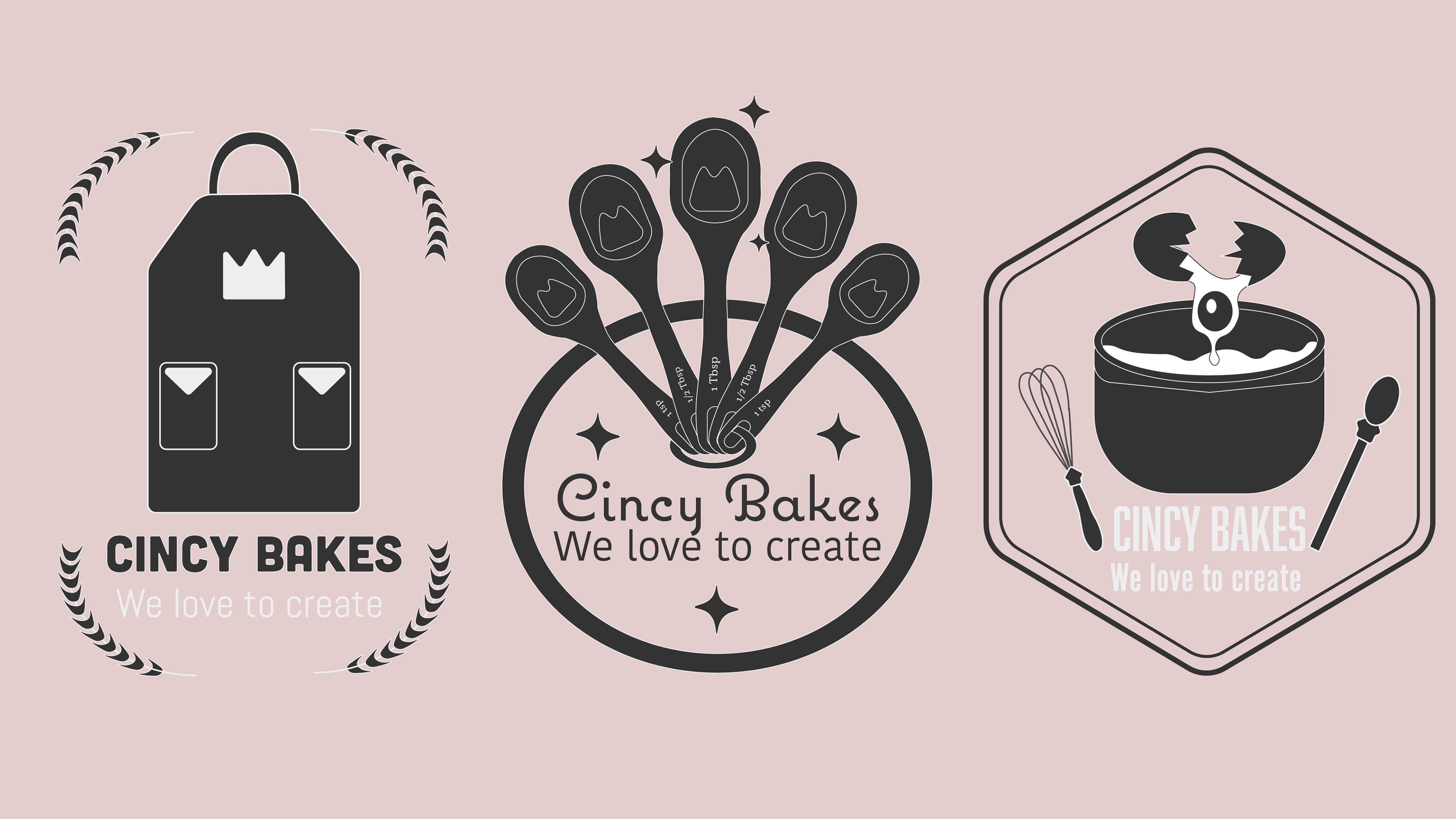This course focused on the Herron Design Process Model (HDPM) and its interpretation through Collaborative Action Research in Design (CARD), a key design research methodology. Over two semesters, we deeply explored CARD as a practical, process-oriented approach to problem-solving and design research. It emphasized critical reflection, hands-on application, and our active role as learners.
In the fall semester, we: Learned the foundational concepts of CARD, focusing on process knowledge and skills. Practiced applying CARD to understand and define design challenges.
In the spring semester, we continued the project, focusing on solution development.
The course blended theory with practical engagement, requiring collaboration with interdisciplinary teams and community participants, and guided by instructors, guest lectures, and feedback loops.
What I Gained: By the end of the course, I was able to: Distinguish and integrate process knowledge and context knowledge. Apply research methods at every stage of design, from data collection to communication. Use tools like maps, reflection papers, and presentations to demonstrate my understanding. Develop a reflective practice essential for my thesis project.
The grading emphasized professionalism, assignments, and a final presentation/report. I engaged deeply with the required readings and references, which included seminal works on design thinking, creativity, and reflective practice.
This course was foundational for developing my skills as a reflective practitioner, capable of applying design research in real-world contexts and preparing me for my thesis work.



